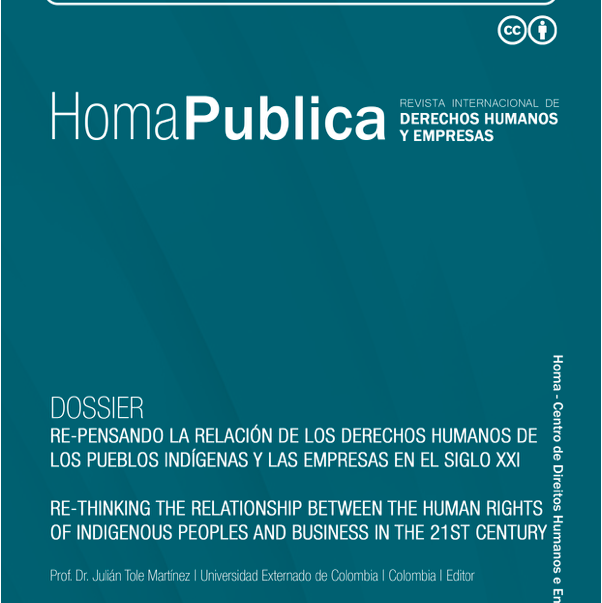Latin America: Human Rights standards and Business in contexts of profound inequality: Chinese guidelines and mega-projects
"Human Rights standards and Business in contexts of profound inequality: chinese guidelines and mega-projects in Latin America" 29 December 2021
Abstract
The Belt and Road Initiative, a global infrastructure investment project sponsored by China, has generated high expectations in the recipient countries because of the economic benefits it could generate; but environmental activists and indigenous organizations have also expressed their concerns about its potential social and environmental impacts. This is accentuated by the absence of a clear international framework defining corporate obligations in terms of respect for the human and environmental rights of local populations. Based on an analysis of Chinese policies and guidelines on human rights and business, the impacts of its investments in Latin America, and the case study of the Hidrovía Amazónica project in the Peruvian Amazon, this article discusses the disconnect between human rights standards and specific corporate practices, especially with regard to indigenous rights to self-determination, free, prior and informed consent, and respect for ancestral knowledge. Through social processes of advocacy and questioning of projects, as well as appropriation of human rights standards, indigenous peoples make these standards binding in practice.
Keywords
- Belt and Road Initiative,
- Environmental impacts,
- Indigenous Peoples,
- Business and Human Rights,
- Due diligence
